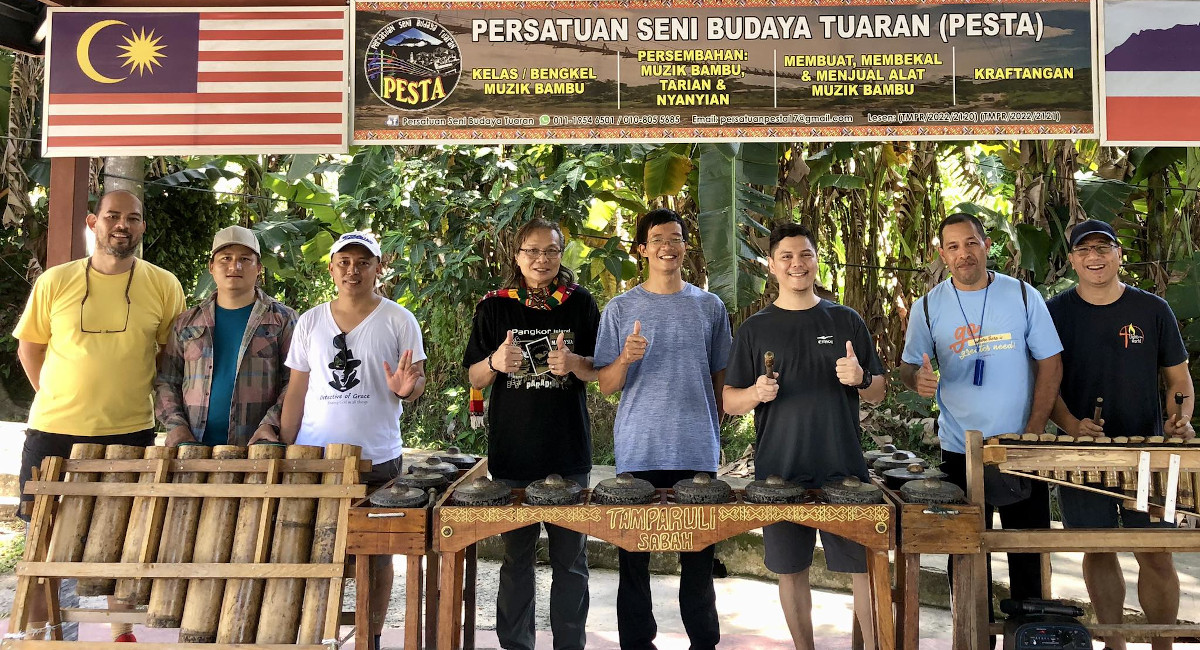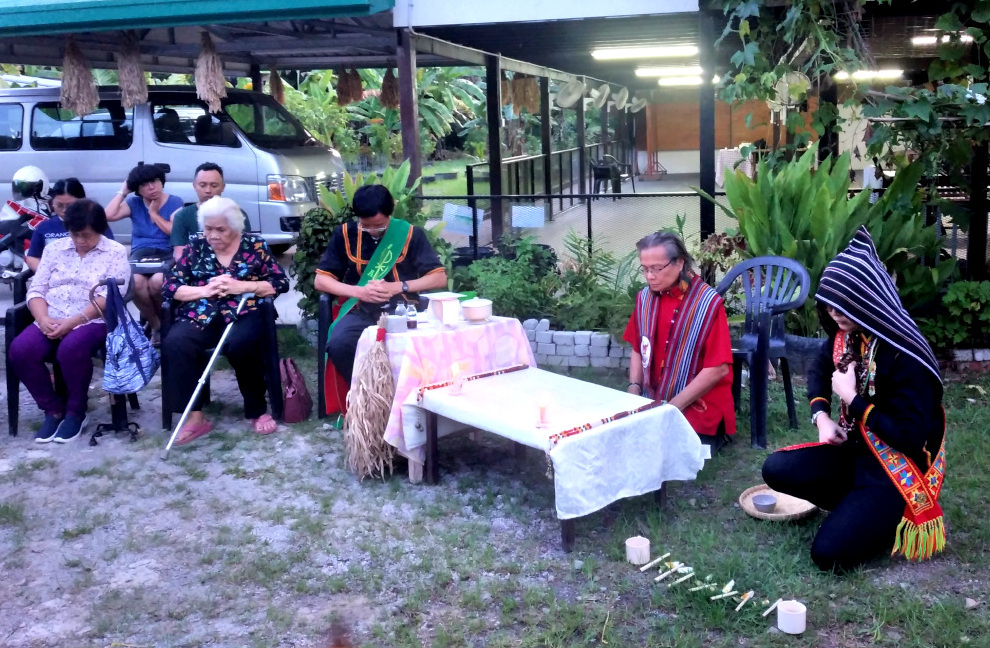 In Laudato sí, Pope Francis addresses all members of the Church, including believers of all faiths and people of goodwill, urging them to care for creation and reconcile their relationship with God, creation, and one another. For decades, the Church has been entrenched in anthropocentrism, which places human beings at the apex of creation while viewing the rest, including indigenous spirituality, as mere resources to be exploited for one’s own benefit.
In Laudato sí, Pope Francis addresses all members of the Church, including believers of all faiths and people of goodwill, urging them to care for creation and reconcile their relationship with God, creation, and one another. For decades, the Church has been entrenched in anthropocentrism, which places human beings at the apex of creation while viewing the rest, including indigenous spirituality, as mere resources to be exploited for one’s own benefit.
However, Pope Francis has helped us grow in awareness and consciousness about ecocentrism, where we recognise our stewardship role and the sacredness of creation, including biodiversity, forests, rivers, mountains, and water. The purpose and end of all human beings, as God created us, is to rule over the earth and all of creation—not to destroy and abuse but to care for and be passionate about all of His creations.
The Asia Pacific Contextual Theology For Engagement Program (ACOTEP) is an immersion experience offered by the Loyola School of Theology as an intersession course in response to the invitation of Pope Francis to understand the indigenous people’s ancestral wisdom (QA §51) and mysticism (QA §73) that accord reverential respect to creation. They are imbued with “sacred meaning” (QA §79) and spirited with the indwelling and omnipresent Rûah of the Creator-Sustainer-God and “various beings” (QA §42) or guardian spirits of Mother Earth.
This year, ACOTEP was organised in collaboration with the Jesuit Conference of Asia Pacific’s Jesuit Companions in Indigenous Ministry, and Reconciliation with Creation, and PACOS Trust, a community-based organisation supporting indigenous communities in Sabah. From 16 to 25 July, six Jesuit scholastics and five laypersons experienced a spirit-led spiral process of integrating the critical, dialogic, and discerning aspects of faith and indigenous spirituality with both critical and theological reflections and discernment towards an inculturated response.
The participants spent two nights in the small tourist village of Kiau Nulu, where they encountered indigenous peoples who have integrated their Catholic faith with the local Dusun spirituality. One of them was Mr Lanting, who shared his spirituality of honouring God, Mt Kinabalu, the guardian spirits of the Dusun ancestors, the forests, and all creation. For him, there is no separation between his Catholic faith and indigenous belief; rather he experiences the unity of both spiritualities because he believes that the guardian spirits of nature are God’s creation.
 The participants then spent a night in the forest with a few local people accompanying them. Mr Lanting offered a “mamason”, a ritual honouring the guardian spirits of the forests and Mt Kinabalu, requesting that they accompany and protect the group during their stay. The participants learnt how to speak the forest language, or “Boros Buru”, specific to the Kiau Nulu Dusun community to communicate with all the creatures and the guardian spirits of nature.
The participants then spent a night in the forest with a few local people accompanying them. Mr Lanting offered a “mamason”, a ritual honouring the guardian spirits of the forests and Mt Kinabalu, requesting that they accompany and protect the group during their stay. The participants learnt how to speak the forest language, or “Boros Buru”, specific to the Kiau Nulu Dusun community to communicate with all the creatures and the guardian spirits of nature.
To process their immersion experience, the participants held a seminar at the Lomunu Center. Fr Jojo Fung SJ facilitated a reflection session using the intersectional lens of neocoloniality, resilience, respect, sacredness, Idols, guardian spirits, and idolatry.
Fr Gabriel Lamug-Nañawa SJ spoke about the inculturation of the ritual of reconciliation in the Season of Creation. This was enhanced by presentations from Ruben JR Orbet on liturgical inculturation and from Angelica Suimin on the Kadazan’s worldview and the mansuong reconciliation ritual.
Fr Ambrosio Flores SJ expounded on liturgical inculturation using Mikhael Cabangisan’s insights on the inculturation of the Aeta’s ritual of healing, while Anne Lasimbang, the director of PACOS Trust, shared about the Kadazan wedding tradition.
The outcome of the seminar was an inculturated closing Mass of gratitude, presided over by Fr Fung. At the start of the Mass, Adam Gontusan, a bobohizan, or spiritual shaman, performed the mamason, calling on the guardian spirits of nature and the ancestors of Mt Kinabalu to be in communion with the Triune God, the angels and saints, and Mother Mary.
The contextual process of inculturation enables the Kadazan Catholics to affectively experience an integration akin to what St John Paul II remarked: ”You do not have to be people divided into two parts.” Our Jesuit mission is to integrate our Christian faith with our respective religiocultural traditions as we accompany indigenous Catholic communities in their synodal journey of inculturating their faith with the richness of their ancestral cultures.
 Nicholas Han Zaw SJ is a scholastic from Myanmar in his second year of theology at the Loyola School of Theology in Manila, Philippines. He loves God and nature.
Nicholas Han Zaw SJ is a scholastic from Myanmar in his second year of theology at the Loyola School of Theology in Manila, Philippines. He loves God and nature.
